6. Fotofestival MA HD LU | Interview with LAURENCE BONVIN
This fall, the sixth edition of the internationally renowned “Fotofestival”, curated by Urs Stahel, is taking up the cultural scene in the Rhine Neckar delta again: [7] Places [7] Precarious Fields. For nine weeks, seven art venues in Mannheim, Heidelberg and Ludwigshafen are showing works by 50 international photo artists – and deconarch.com is an exclusive media partner. We are focusing on one place and one of the seven precarious field themes – [7.2] Urbanism & Real Estate, hosted at ZEPHYR Mannheim, where seven artistic positions are presented: Ai Weiwei, Frank van der Salm, Hiroko Komatsu, Laurence Bonvin, Nick Waplington, Sylvain Couzinet Jacques, Taysir Batniji. Follow deconarch.com’s interview series to get insight in some of these artists’ works. Â
Swiss photo artists LAURENCE BONVIN‘s (*1967) work circles around global urban and suburban phenomenons, such as gated communities and banlieus, but also on the genres of landscape, portray and architectural photography. Educated at the French École nationale supĂ©rieure de la photographie in Arles, Bonvin is now teaching photography at Lausanne since 2002. She lives in Berlin an Geneva.
At the Fotofestival Bonvin presents a video work on Blikkiesdorp: Blikkiesdorp is a newly constructed temporary housing  area near Cape Town’s airport, built by the government shortly before the 2010 World Cup. An unfriendly settlement where no one chooses to live voluntarily. The inhabitants – forcefully resettled here from the city in 2009 – were promised all services, which they didn’t get, and their stay was supposed to be temporary. The camp-like aspect of the place is reinforced by the regular rows of the uniform building structures, the sterile and dusty, sandy environment, the fence surrounding it and the police station surveilling the entrance. Each structure is 2.5 x 6 metres in size. Some have a concrete floor but none of them is equipped with insulation, running water, sink, cooking facilities, or toilets. One toilet must be shared by 4 units. Each unit can host whole families up to 8-10 people. (Link)
all illus. (c) Laurence Bonvin,
laurencebonvin.com
INTERVIEW
Tell us more about the work you are showing at the Fotofestival, Sounds of Blikkiesdorp. How did it come about?
The film Sounds of Blikkiesdorp (2014) follows a photographic series Blikkiesdorp (2009) I did in the same place, a temporary housing area near Cape Town, two years earlier. I returned to Cape Town with the idea to make a film about how things would have transformed in a two-year period.
Blikkiesdorp is a newly built government housing settlement near Cape Town airport which has been built before the 2010 Fifa World Cup. Announced as a temporary settlement, none of the inhabitants have actually left since … (I will include more info on Blikkiesdorp from your website in the intro, maybe shorten here). When going back, has something changed?
In one way nothing much had changed, out of the people I had met, only a few had managed to leave, one girl had been killed, the others went on. But the place looked different, very lived in, the rigid grid had been taken over, people had created small yards, extended their shacks, trying to improve their conditions.
With the film I wanted to enter the homes, to get closer to people. I decided to focus on a few characters and on how they had found ways to survive, to improve their homes, to make some money.
I see video/film as a continuation of my photographic work.
What kind of photography – analog, digital, digitally altered/photoshopped? Why, why not?
I shot the film with a photo camera and recorded the sound with an external microphone. I started filming with a photo camera as it is full HD and so it has great image quality at a very affordable price.
Tell us about your work in general – what are you interested in? What’s the core subject, focus of your work?
I would say the core of my work is about the processes of transformation, whether it occurs in urban spaces, in landscapes, in the periphery of metropolises, in buildings, in living areas or in people.
How do you develop your projects? Are you working conceptually or do you find inspiration on site, spontaneously?
A bit of both I guess. I generally have quite a clear idea of what I’m looking for before going anywhere. But once on site I do let myself by inspired, surprised, transformed by what I meet and I sometimes end up going quite a different direction than I thought or making unexpected detours to work on something that imposes itself to me.
Why are you working with photography? What kind of possibilities does it offer for you? Do you also work with other media?
I work with photography because I love its concentration, simplicity and formal possibilities.
For me there’s also a lightness in the production phase that I really appreciate.
I also work in video because I love its complexity, intensity and the time aspect to it. It allows for much more control over how the spectators will experience the told “story”.
Are there role models, influences, inspirations, … which inspire your work?
They were many photographic and filmic influences at the beginning of my career: Chantal Ackermann, Lewis Balz, and Jim Goldberg to just name three. Nowadays I’m influenced by what is occurring in the world and I’m occasionally inspired by a colleague and by the new generation of photographers / filmmakers that are inventing exciting new languages.
Urbanism & Real Estate: What is, in your personal opinion, precarious in this field? How does your individual view on this issues appear in your work and in how far does this theme affect your own existence?
The urban growth and transformation, the real estate are everywhere in my work either as a central figure, as a secondary character or as a background, a context. I consider it a complex issue from which I personally both gained and lost. Precarious are the living conditions in which most of the people on the planet are living in.
I was born in an alpine ski-resort in Switzerland, which went through a very rapid and short-sighted urban growth. I became very aware at a young age of the consequences and the irreversible changes in the landscape, the mentality and the economy that are linked with this kind urban growth, which is particular as it is linked with tourism. Anyhow I think it has influenced my work enormously. At the moment I can observe effects of gentrification, real estate speculation that are very present in the city I’ve been living in for the last 8 years, Berlin.
Laurence Bonvin, thank you very much for sharing your work with us!

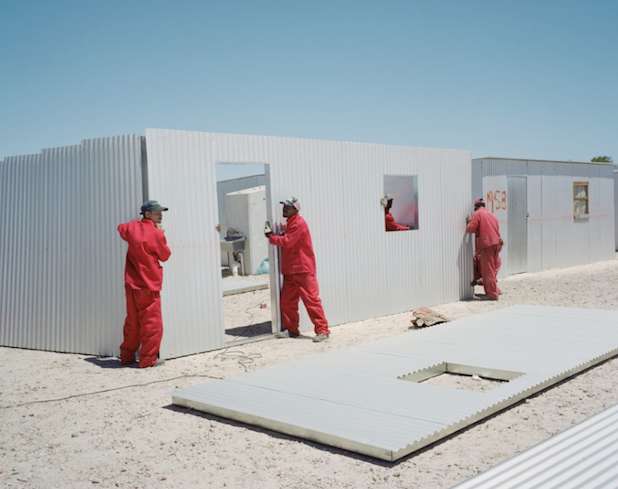
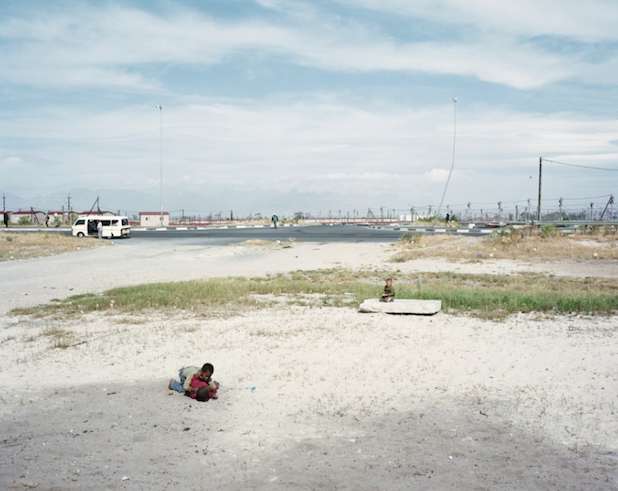
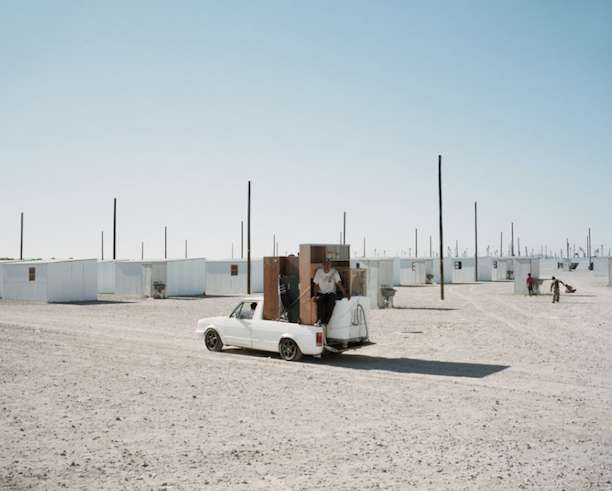



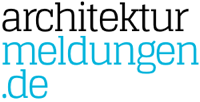
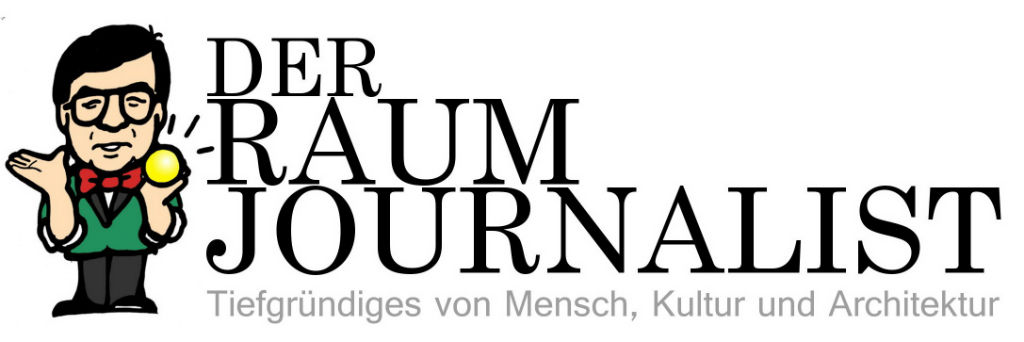



rbrmuqgrtn
Feb 09. 2020
jrmasdyckouluxzitdmuxfidyaxcwu
vjvixplyaq
Feb 09. 2020
xxrmrnljskglblkihxgiovcjhtnkde
uoijdvlmds
Feb 09. 2020
yfosjtqerremjdpirytsklcbubbebc
zkmsvjngna
Feb 09. 2020
oclbjdbefripmmvnnvesxlghpuufzf
ykhduyzvjj
Feb 09. 2020
pczwfroocrikvagtifujesfelzrehe